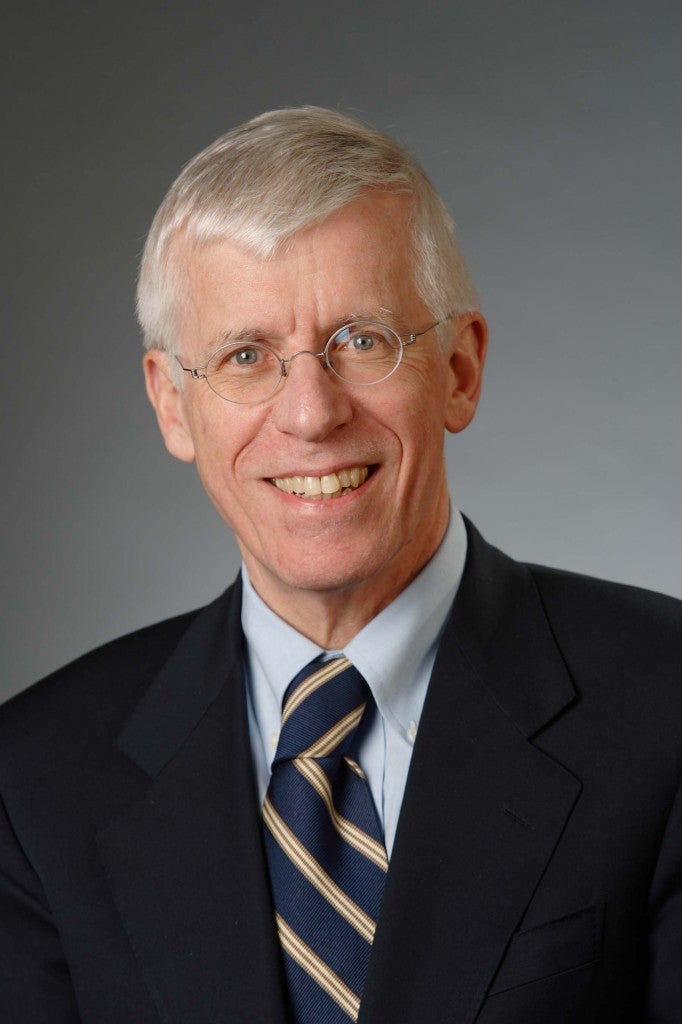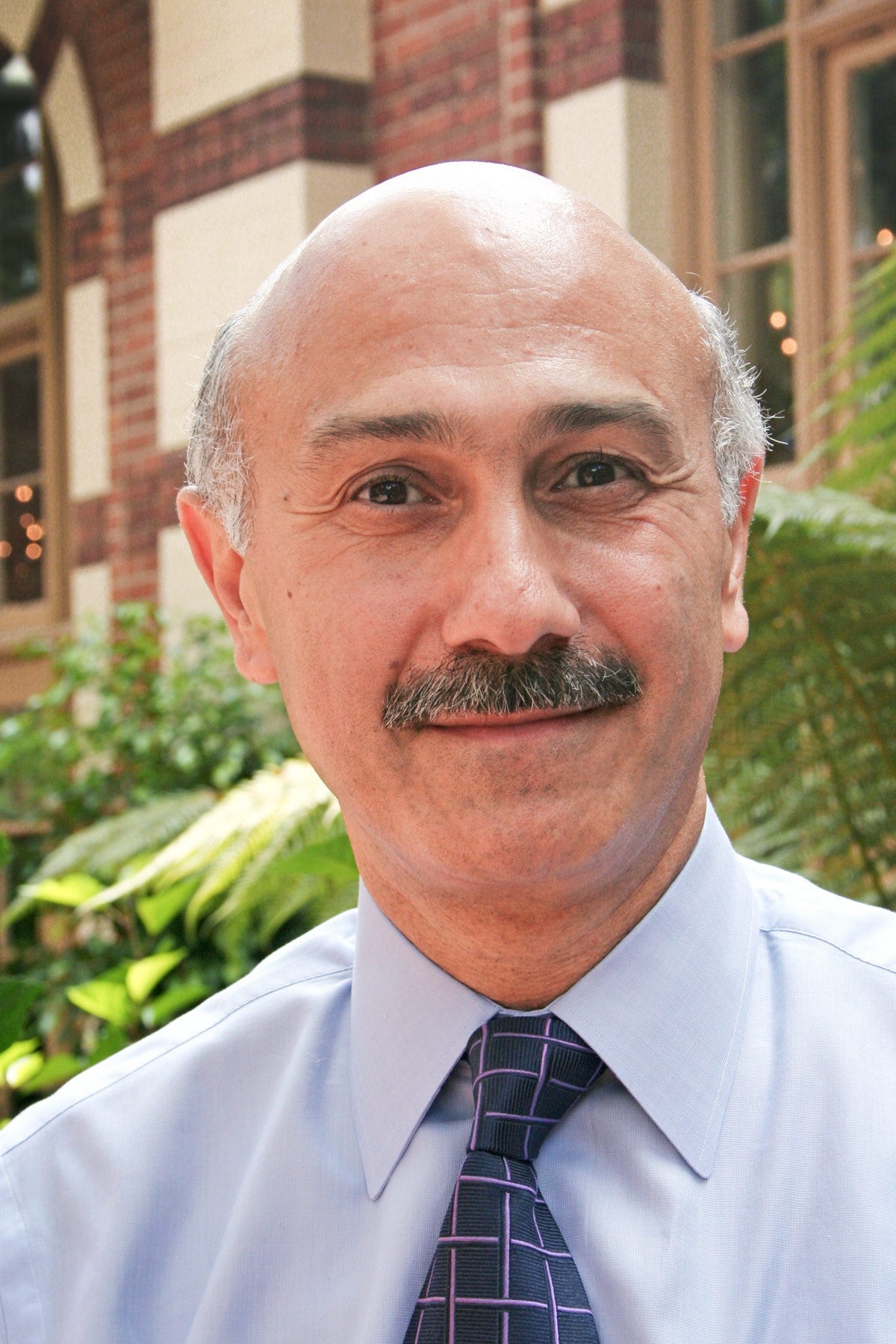Legacy of a disaster: the horror of Chernobyl, 30 years later
Two USC experts look back at the worst accident in the history of nuclear power to see its impact and what’s been learned
The Chernobyl accident 30 years ago on April 26, 1986, is the worst disaster in the history of nuclear power generation. Although fewer than 50 deaths have been directly attributed to radiation from the disaster, up to 4,000 people could eventually die of radiation exposure, according to the World Health Organization.
Many nations share the astronomical cost of the Chernobyl disaster

“The 1986 Chernobyl catastrophe that exposed some 10 million people to nuclear radiation in the surrounding countries has estimated costs of roughly $700 billion over the past 30 years, according to our extensive review of the literature. Health represents the largest proportion of the indirect costs. These costs greatly exceed those directly related to the plant because this price tag spans a lifetime and possibly even reaches to the next generation. Neuropsychological effects, such as depression, are among the most widespread and expensive of the long-term consequences.”
JONATHAN SAMET
Director of the USC Institute for Global Health and the Distinguished Professor and Flora L. Thornton Chair of the preventive medicine department at the Keck School of Medicine of USC
Preventable nuclear accidents and the vital role of safety culture

“According to many studies, the root of the Chernobyl nuclear power plant accident was a deficient safety culture that existed not only at the Chernobyl plant but also throughout the Soviet Union’s nuclear power industry in the 1980s. I cannot think of a more vital factor that could have prevented a nuclear accident than a healthy safety culture at plant, utility and regulatory levels. A plant that fosters safety culture would encourage employees to maintain a questioning attitude and a conscientious approach in all aspects of their job. Safety culture could be both the Achilles’ heel and Daemons of the nuclear power industry.”
NAJMEDIN MESHKATI
Professor of civil and environmental engineering and a professor of industrial and systems engineering at the USC Viterbi School of Engineering



